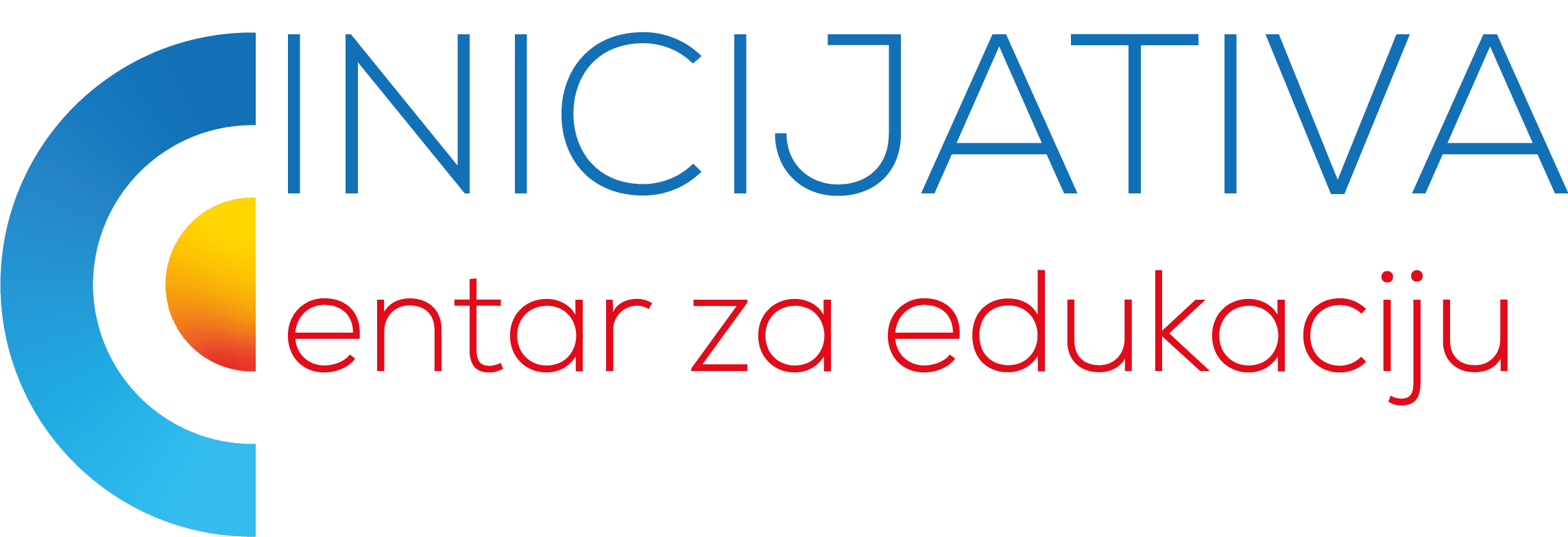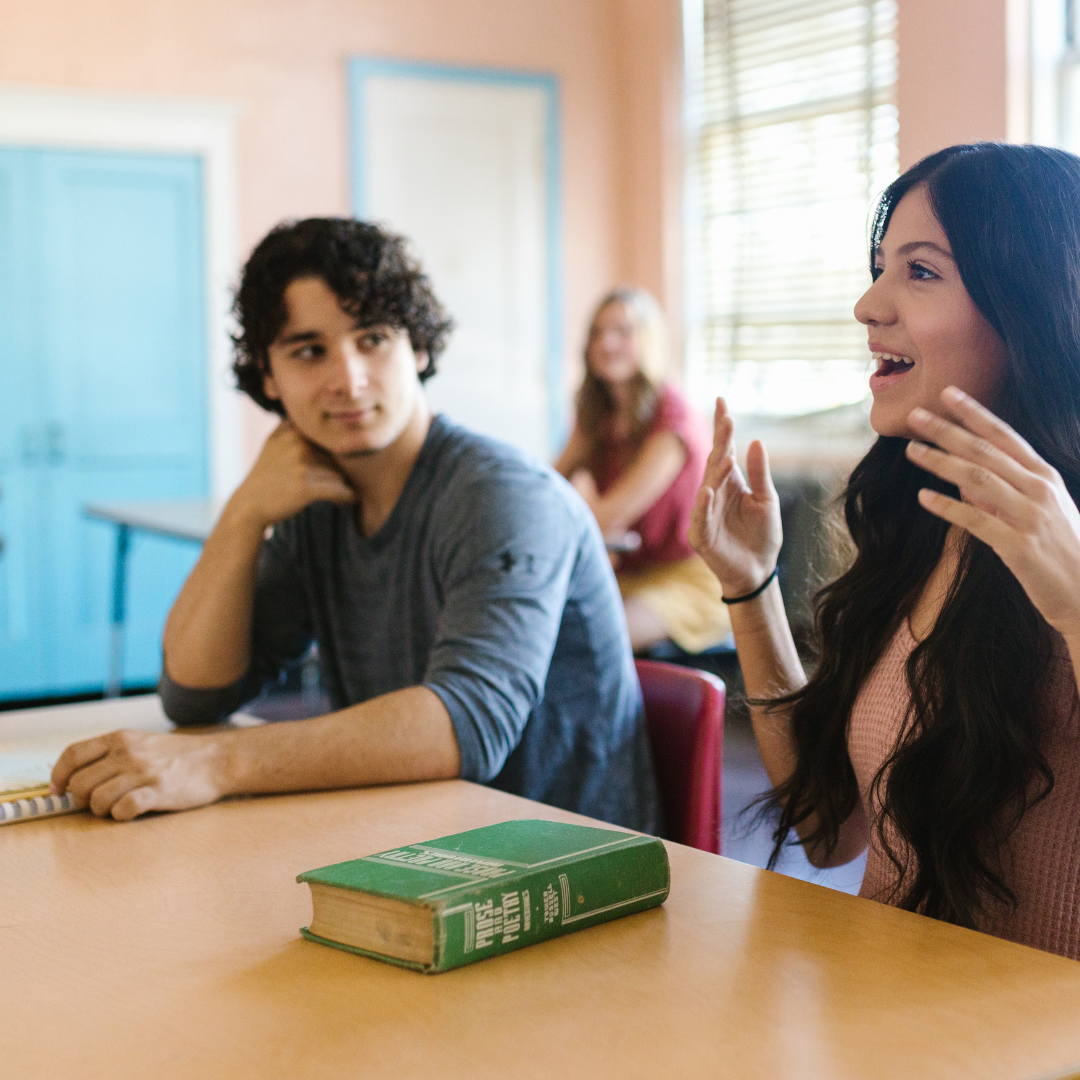Supporting Diversity with Erasmus Plus
Diversity in the classroom is an ever-present reality in today's globalised world. Teachers around the globe face the unique challenge of managing intercultural classrooms, where students come from a wide array of cultural backgrounds, bringing with them varying perspectives, experiences, and needs. This blog will explore the importance of supporting diversity in education and the challenges teachers encounter when managing intercultural classrooms. We will also delve into the role of Erasmus Plus in promoting diversity and providing tools to navigate these challenges.
The Significance of Supporting Diversity
Why is Diversity Important in Education?
Diversity in the classroom brings numerous benefits that extend beyond the academic realm. It enriches the educational experience by:
1. **Promoting Inclusivity:** A diverse classroom fosters an inclusive atmosphere where students from all backgrounds feel valued and respected.
2. **Enhancing Critical Thinking:** Exposure to different viewpoints encourages students to think critically, question assumptions, and develop a more comprehensive understanding of complex issues.
3. **Cultural Competence:** Interacting with peers from diverse backgrounds equips students with essential cultural competence, a crucial skill in our globalised world.
4. **Preventing Stereotyping and Prejudice:** Diversity helps break down stereotypes and prejudices by promoting student empathy and understanding.
Challenges of Intercultural Classroom Management
While the benefits of diversity are undeniable, managing an intercultural classroom can be a complex endeavour. Here are some key challenges teachers may encounter:
Language Barriers
Language differences can impede effective communication, making engaging students in the learning process challenging. Teachers must find ways to bridge these language gaps.
Cultural Misunderstandings
Cultural norms and practices vary widely, leading to potential misunderstandings and conflicts in the classroom. Teachers need to navigate these cultural differences sensitively.
Diverse Learning Styles
Students from different cultures may have varying learning styles and preferences. Educators must adapt their teaching methods to accommodate these differences.
Inclusive Curriculum
Creating an inclusive curriculum that reflects the diversity of the classroom can be challenging. Teachers need resources and training to develop materials that resonate with all students.
Erasmus Plus: Supporting Diversity in Education
The Role of Erasmus Plus
Erasmus Plus, the European Union's education, training, youth, and sports program, is vital in promoting diversity in education. It offers teachers, educators, and students opportunities to engage in international experiences that foster cross-cultural understanding and competence.
Erasmus Plus Supporting Diversity Initiatives
Erasmus Plus offers various initiatives and projects designed to support diversity in education:
Teacher Training Programs
Erasmus Plus provides funding for teacher training programs focusing on intercultural classroom management. These programs equip educators with the skills and knowledge to effectively teach in diverse settings
Student Exchange Programs
Through student exchange programs, Erasmus Plus allows students to study abroad, exposing them to different cultures and perspectives. This firsthand experience enhances their intercultural competence.
Inclusive Curriculum Development
Erasmus Plus supports projects aimed at developing inclusive curricula that reflect the diversity of the student body. These initiatives ensure that all students can see themselves represented in the materials they study.
Join us in Zagreb

Discover innovative strategies to create inclusive and diverse classrooms.
Join our course for educators in multicultural settings. Explore intercultural communication, anti-discrimination laws, storytelling and more
You missed out!
Benefits of Erasmus Plus Supporting Diversity
Engaging with Erasmus Plus initiatives has several advantages for educators and students:
Professional Development: Teachers participating in Erasmus Plus programs gain valuable skills and experiences that enhance their teaching abilities, especially in diverse classrooms.
Enhanced Cultural Competence: Students participating in student exchange programs develop a broader understanding of different cultures, fostering tolerance and empathy.
Global Perspective: Exposure to diverse perspectives through Erasmus Plus initiatives prepares students to thrive academically and professionally in a globalised world.
Supporting diversity in education is not without its challenges, especially in the context of intercultural classroom management. However, embracing diversity brings invaluable benefits, enriching the educational experience for all. Erasmus Plus is pivotal in promoting diversity and equipping educators and students with the tools to navigate these challenges successfully. We can create more inclusive, empathetic, and globally competent educational environments by embracing diversity and engaging with Erasmus Plus initiatives.
Check out our English Language courses for teachers and other Erasmus+ courses
Contact us!
Ask us whatever you are interested in.
Join us!
Let's talk.






